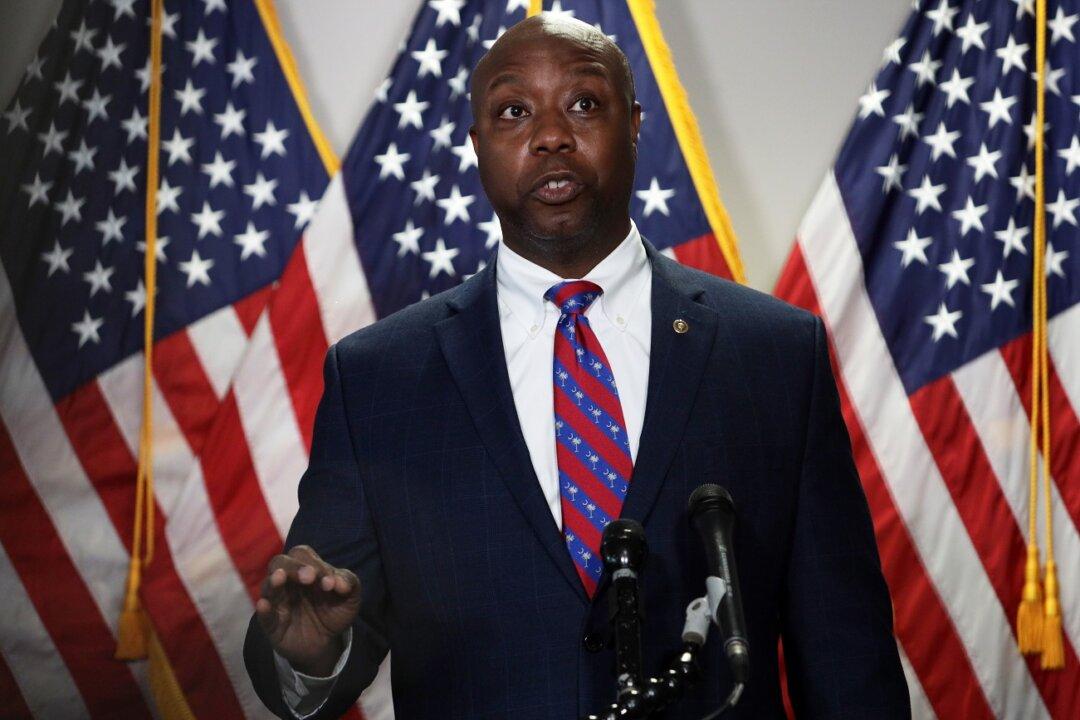Any new economic recovery bill that Congress may approve and send to President Donald Trump for signature should provide financial help to parents so they can choose how their children will return to the classroom in September, according to Club for Growth President David McIntosh.
“The Club for Growth is pushing very hard for the Senate to include in the next round of COVID relief a parental choice solution to schools that are closing and parents that are having difficulty with education for their kids,” McIntosh told reporters July 27 during a telephone news conference.





